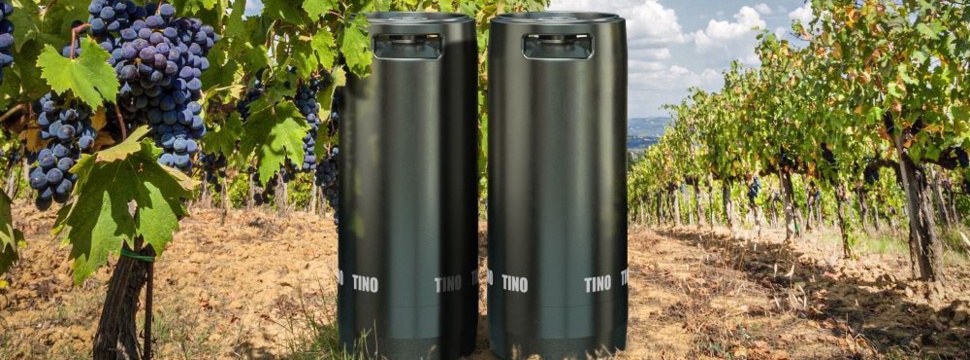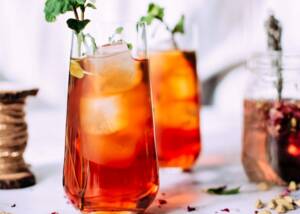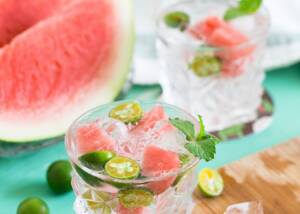MONVIN – Ambassador for premium wines in modern kegs
News General news
Stainless steel kegs are the ultimate sustainable solution for winegrowers, specialised trade and the catering industry

MONVIN is the renowned premium brand of the Gruppo Montelvini. This award-winning, highly prestigious producer of top-quality bottled wines is managed by the Serena family in the Asolo area of the Veneto region in the north east of Italy. TheMontelvini name is well-established, with its vineyards producing Asolo Prosecco Superiore DOCG (Denominazione di Origine Controllata e Garantita), of which the Group became the first ambassador. The winery is also among the first in Italy to have received Equalitas Sustainability Certification. Founder and former managing director Armando Serena recognised the potential of stainless steel kegs for sustainable wine marketing very early on. In 1987, when all other Italian winegrowers were still bottling their wine exclusively in bottles and now rarely used demijohns, he began storing his premium wines in reusable stainless steel kegs from SCHÄFER Container Systems. The MONVIN brand now makes use of over 200,000 Junior PLUS kegs. This success speaks for itself.
An essential link to the market is the packaging of the goods. Premium wine is traditionally poured into bottles and traditional demijohns for marketing purposes. These have many disadvantages –glass breaks easily and is expensive, not to mention unhygienic. This was the case in the 1980s and is more relevant than ever today in the context of rising energy prices and EU directives on reuse.
In contrast to this, stainless steel kegs, with a special nitrogen mixture as the tap gas, provide the ideal conditions for red and white wines. Carbonisation is unwanted and is prevented by the nitrogen mixture. No unwanted oxidisation of the wine in the barrel. Furthermore, stainless steel does not react with acids or bases, nor does the material emit ions or particles. This is one reason why in stainless steel containers the original organoleptic properties of high-quality winesremain unchanged from the time of bottling until the container is completely empty.
"Year-round availability is very important to me. When others are unable to deliver, even during the season, our customers receive their wines as ordered, on time and in perfect condition. It goes without saying that our large range of kegs makes us particularly flexible when bottling and delivering new or customised products for our customers. What's more, the reusable keg is probably the most economical container when considered over a period of years," says Armando Serena, President of the Montelvini Group.
Montelvini produces over 160,000 hectolitres ofwine annually, of which approximately 100,000 hectolitres (60 per cent) are poured into SCHÄFER Junior PLUS kegs. These are sold to the catering industry –from beach bars to mountain huts, right through to upscale restaurants.
Indeed, the catering industry in particular benefits from the advantages of small reusable kegs. Restaurateurs can switch from bottle to tap dispensing with little effort. The use of a modern dispensing system with integrated counter enables exact portioning and billing. Losses dueto glass breakage, broken bottles or serving can therefore be greatly reduced. Handling is very simple.
There are also logistical advantages. Stainless steel kegs offer unparalleled durability. They also reliably protect their contents from light and solar radiation. Moreover, kegs like the stackable PLUS keg models are more efficient to store than bottles. The optimised footprint also benefits end customers –the kegs take up less space so allow for a greater variety of beverages at the point of sale.
Empty kegs are returned to the Montelvini Group via a deposit system. There they are cleaned, sterilised and filled again. Junior PLUS kegs from 1987 are still in use at Montelvini today. According to Armando Serena, the packaging costs per glass of wine served amount to less than a cent. Consequently, reusable kegs provide a crucial edge over the competition in wine marketing thanks to their practical benefits and the economic as well as environmental advantages.










